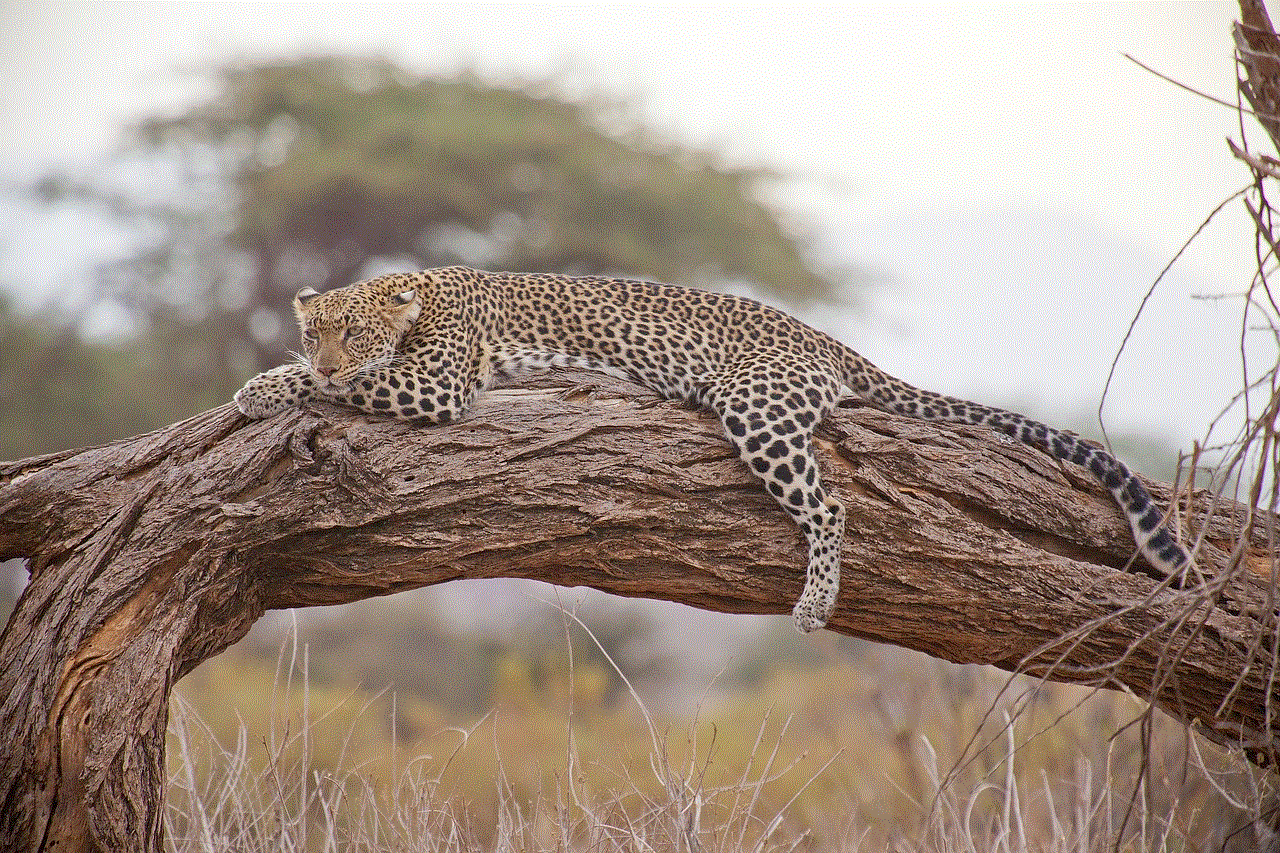why is it called catfish
Catfish is a term that has gained popularity in recent years, thanks to the rise of online dating and social media. It refers to a particular type of online deception where a person creates a fake identity and lures others into a relationship or friendship. The term has become so widespread that it has even spawned its own TV show, “Catfish: The TV Show,” which follows the stories of people who have been catfished.
But where did this term originate, and why is it called catfish? To answer these questions, we need to delve into the history of catfishing and explore its cultural significance.
Origins of the Term “Catfish”
The term “catfish” has its roots in the world of fishing. In the early 2000s, a documentary filmmaker named Nev Schulman became the victim of catfishing. He met a woman online who claimed to be an 8-year-old artist named Abby. Schulman was intrigued by her talent and decided to visit her in person. However, when he arrived at her doorstep, he found out that Abby was actually a middle-aged woman named Angela, who had been pretending to be a little girl.
After this experience, Schulman and his friend, filmmaker Ariel Schulman, decided to make a documentary about catfishing. They called it “Catfish,” and it was released in 2010. The film gained widespread attention and even won the Sundance Film Festival’s Best Documentary award. It was this documentary that popularized the term “catfish” and brought it into the mainstream.
The analogy to fishing is evident in the term “catfish.” In traditional fishing, a catfish is a type of bottom-feeding fish that is known for its slow, gentle movements. This makes it an easy target for fishermen, who can easily lure it with bait. Similarly, in the world of online deception, a catfish is someone who is easily manipulated and can be lured into a relationship with false promises and fake identities.
Why is it Called Catfish?
Apart from the obvious fishing analogy, there are a few other reasons why this term is called catfish. One of the main reasons is the association with the idea of “catfishing” being a dirty, bottom-feeding activity. In traditional fishing, catfish is considered to be a less desirable catch compared to other fish. Similarly, in the world of online dating, catfishing is seen as a deceitful and untrustworthy practice.
Another reason for the name could be the fact that catfish are known to be able to survive in murky, muddy waters. This is similar to how catfishers operate, as they thrive in the world of online anonymity, where they can hide behind fake profiles and manipulate others without being caught.
Cultural Significance of Catfishing
The rise of catfishing has had a significant impact on our culture, especially in the realm of online dating and social media. In the past, people would meet potential partners through friends, family, or at social events. However, with the advent of dating apps and social media platforms, the rules of dating have changed. People can now connect with others from all over the world with just a few clicks, making it easier to fall prey to catfishing.
One of the main reasons why catfishing has become so prevalent is the anonymity that the internet provides. It’s much easier for people to create fake profiles and pretend to be someone they’re not. This anonymity also allows catfishers to manipulate others without facing any consequences.
The impact of catfishing goes beyond just romantic relationships. It can also affect friendships, business partnerships, and even family connections. The emotional toll of being catfished can be devastating, leading to feelings of betrayal, embarrassment, and even trauma.
The Rise of “Catfish: The TV Show”
After the success of the “Catfish” documentary, MTV picked up the concept and turned it into a TV series. “Catfish: The TV Show” premiered in 2012 and has been running for 8 seasons. The show follows the same premise as the documentary, where Nev Schulman and his team help people who suspect they are being catfished to uncover the truth.
The show has gained a significant following and has become a cultural phenomenon. It has also shed light on the dangers of online deception and has helped to educate people on how to stay safe while navigating the world of online relationships.
The Impact of Social Media on Catfishing
Social media has played a significant role in the rise of catfishing. With the rise of platforms like facebook -parental-controls-guide”>Facebook , Instagram , and Twitter , people can now create multiple profiles and present themselves however they want. This makes it easier for catfishers to deceive others and manipulate them into relationships.
Another factor that has contributed to the increase in catfishing is the pressure to present oneself in a certain way on social media. People often feel the need to create a perfect online persona, which can lead to exaggeration and even fabrication of the truth. This makes it easier for catfishers to blend in and deceive others.



Steps to Protect Yourself From Catfishing
In a world where catfishing has become so common, it’s essential to take steps to protect ourselves from falling victim to it. Here are a few things you can do to stay safe while navigating the world of online relationships:
1. Be cautious of who you interact with online: It’s essential to be cautious of who you talk to online, especially if you don’t know them in person. Be wary of people who are too eager to get into a relationship or those who avoid video calls or in-person meetings.
2. Do a reverse image search: If you suspect that someone might be using a fake profile picture, you can do a reverse image search to see if the image appears on other websites or social media profiles. This can be a red flag if the image appears on multiple profiles with different names and information.
3. Don’t share personal information: It’s crucial to be careful with the information you share online, especially with people you don’t know. Avoid sharing sensitive information like your address, phone number, or financial details.
4. Trust your instincts: If something feels off or too good to be true, trust your instincts. Don’t ignore any red flags, and don’t be afraid to ask questions or do some research before getting too invested in an online relationship.
5. Meet in person: If you’ve been talking to someone online for a while, it’s important to meet them in person before getting too emotionally invested. This can help you determine if the person is who they say they are and if there is a genuine connection between the two of you.
Conclusion
In conclusion, the term “catfish” may have originated from the world of fishing, but it has taken on a whole new meaning in the digital age. It has become a cultural phenomenon and has even spawned its own TV show. Catfishing has had a significant impact on our society, and it’s essential to be aware of the dangers it poses. By following the steps mentioned above, we can protect ourselves and others from falling victim to this deceitful practice.
gps tracker small
GPS trackers have become increasingly popular in recent years, and it’s no surprise why. These small devices offer a wide range of benefits and uses, making them a must-have for many people. Whether you’re a parent wanting to keep an eye on your child’s location, a business owner looking to track your company’s vehicles, or simply someone who wants to keep track of your own movements, a GPS tracker small enough to fit in your pocket is the perfect solution. In this article, we’ll dive into the world of GPS trackers and explore their many uses and benefits.



Before we get into the different types of GPS trackers and their uses, let’s first understand what a GPS tracker is. GPS stands for Global Positioning System, and it is a network of satellites that orbit the Earth, continuously sending signals to ground receivers. These receivers can then calculate their exact location based on the information received from the satellites. A GPS tracker is a small device that uses this system to determine its own location and transmit that information to a remote receiver. This allows the tracker to be tracked in real-time, providing accurate and up-to-date location information.
One of the most common uses for a GPS tracker small in size is for tracking vehicles. Whether you’re a business owner with a fleet of vehicles or a concerned parent with a teenage driver, a GPS tracker can provide peace of mind by allowing you to monitor the vehicle’s location in real-time. This can be especially useful for businesses that want to keep track of their vehicles’ routes and make sure they are being used efficiently. For parents, a GPS tracker can help them keep an eye on their child’s driving habits and ensure they are staying safe on the road.
Another popular use for GPS trackers is for personal tracking. These small devices can be easily attached to a person’s clothing or belongings, allowing you to keep track of their location at all times. This can be particularly useful for outdoor enthusiasts, hikers, and campers who want to ensure their safety while exploring remote areas. In case of an emergency, a GPS tracker can provide search and rescue teams with the exact location of the person, making it easier to find them quickly.
For pet owners, a GPS tracker can be a lifesaver. It’s no secret that our furry friends can be quite the escape artists, and it can be a scary experience when they go missing. With a small GPS tracker attached to their collar, you can easily locate them if they wander off. This can also be useful for tracking their activity levels and ensuring they are getting enough exercise.
GPS trackers are also being used in the healthcare industry to track patients with dementia or Alzheimer’s disease. These small devices can be worn by the patient, and their location can be monitored by caregivers or family members. This can help prevent them from getting lost and provide peace of mind to their loved ones.
In the world of sports, GPS trackers have become a game-changer. Athletes can use these devices to track their performance and measure their speed, distance, and heart rate. Coaches and trainers can also use GPS trackers to monitor their players’ performance and make adjustments to their training regimes accordingly.
One of the most significant benefits of a GPS tracker small in size is its ability to provide real-time tracking. This means you can track the device’s location in real-time, allowing you to have accurate and up-to-date information at all times. This can be particularly useful in situations where time is of the essence, such as tracking a lost pet or finding a missing person.
GPS trackers are also beneficial for companies that want to keep track of their assets. From expensive equipment to valuable shipments, GPS trackers can help monitor their location and ensure they reach their destination safely. This can be particularly useful for businesses that operate in remote or high-risk areas.
Another advantage of GPS trackers is their ability to provide historical data. This means you can access past location information and track the device’s movement over a specific period. This can be useful for businesses that want to track their employees’ routes or for personal use to monitor your movements during a trip.
One concern that many people have with GPS trackers is privacy. However, it’s essential to note that GPS trackers only transmit location information to a remote receiver and do not record any personal data. This means your privacy is not compromised, and the device is solely used for tracking purposes.



In conclusion, a GPS tracker small enough to fit in your pocket offers a wide range of benefits and uses. From tracking vehicles and personal belongings to monitoring sports performance and keeping an eye on loved ones, these devices have become an essential tool in today’s world. With their ability to provide real-time tracking, historical data, and accurate location information, GPS trackers are a must-have for anyone looking for peace of mind and added security. So whether you’re a parent, business owner, or outdoor enthusiast, a GPS tracker can be a valuable tool to have in your arsenal.